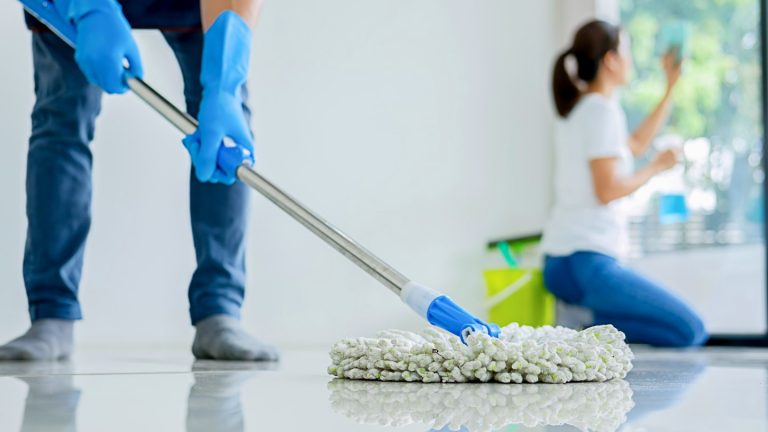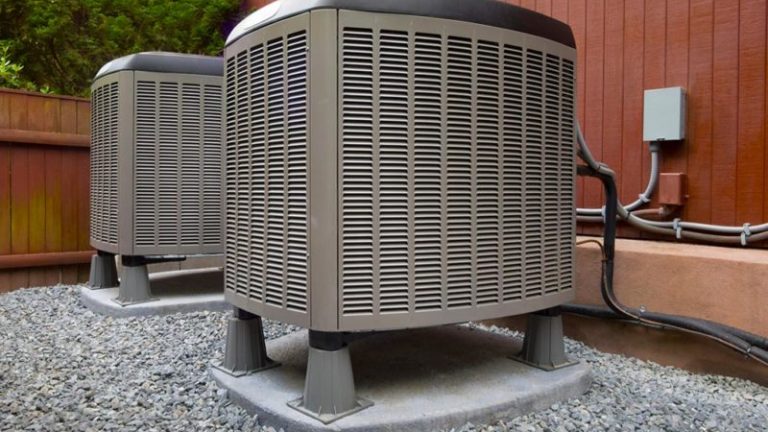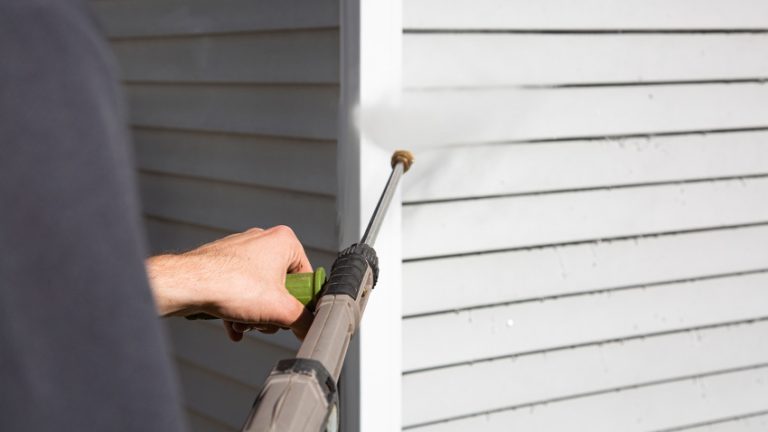You probably think of jobs like commercial fishing, logging, or roofing when you think of professions with exceptionally high injury rates. Cleaning may not appear to be a risky occupation, yet data show that janitors sustain over 40,000 non-fatal injuries each year. When a team member is injured, it can lead to a reduction in employees, increased worker’s compensation premiums, a decline in quality control, and even death. The remaining employees are obliged to pick up the slack, increasing the risk of overwork and injury. It can set off a chain reaction of negative occurrences that can put your cleaning company out of business.
The easiest method to avoid injuries is to promote awareness by talking about corporate safety at weekly worker meetings. Each week, choose a different janitorial safety meeting topic to focus on. If you’re not sure where to begin, look over past injury claims to acquire the data you’ll need to figure out what your company’s most prevalent incidents are.
Chemical Protection
Janitors work with a variety of chemicals, and it should never be assumed that they know how to utilize them correctly. Review all cleaning solutions you use and assess their risk to your team to raise chemical awareness. Instruct students in proper mixing and storage techniques to avoid inhalation dangers or even combustion. If you hire a new employee, introduce a new chemical, or have a recent safety incident, make sure to repeat training.
Personal Protective Equipment
Personal protection equipment (PPE) helps to prevent injuries and is an important aspect of janitorial safety. Severe injuries to the eyes, brain, lungs, hearing, and skin can be avoided with the proper janitorial equipment. Demonstrate correct PPE use to your employees, as well as the need of reporting damaged or malfunctioning protective gear.
The Health of the Musculoskeletal System
Musculoskeletal injuries such as sprains, strains, and back injuries can be caused by repetitive action. These injuries can be excruciatingly painful, and some can result in long-term pain that is difficult to manage. Make sure your staff is working ergonomically and with the correct tools for their size to avoid these types of injuries.
Electrical Dangers
When tasks become commonplace, it’s easy to overlook how harmful they might be. Although water does not mix well with powered cleaning products or extension cables, they are frequently used in conjunction to complete cleaning tasks. Encourage employee awareness when working with electrical tools, power cords, and water to reduce equipment failure, electrocutions, and even fires.
Talk to your cleaners about preventing the spread of germs and other illnesses to keep your employees and clients healthy. Cleaning isn’t always about aesthetics, but rather about sanitation. While gloves might assist limit the spread of diseases, if your team isn’t following correct protocol, they can really make things worse.




